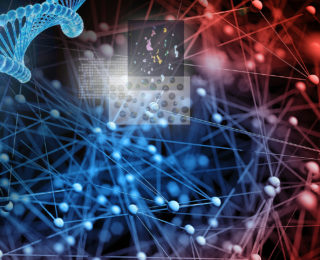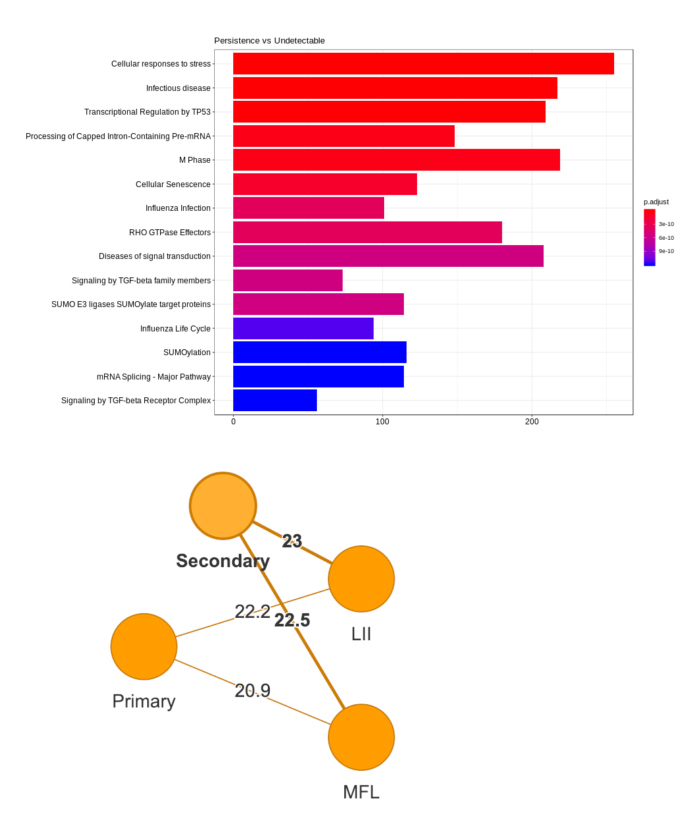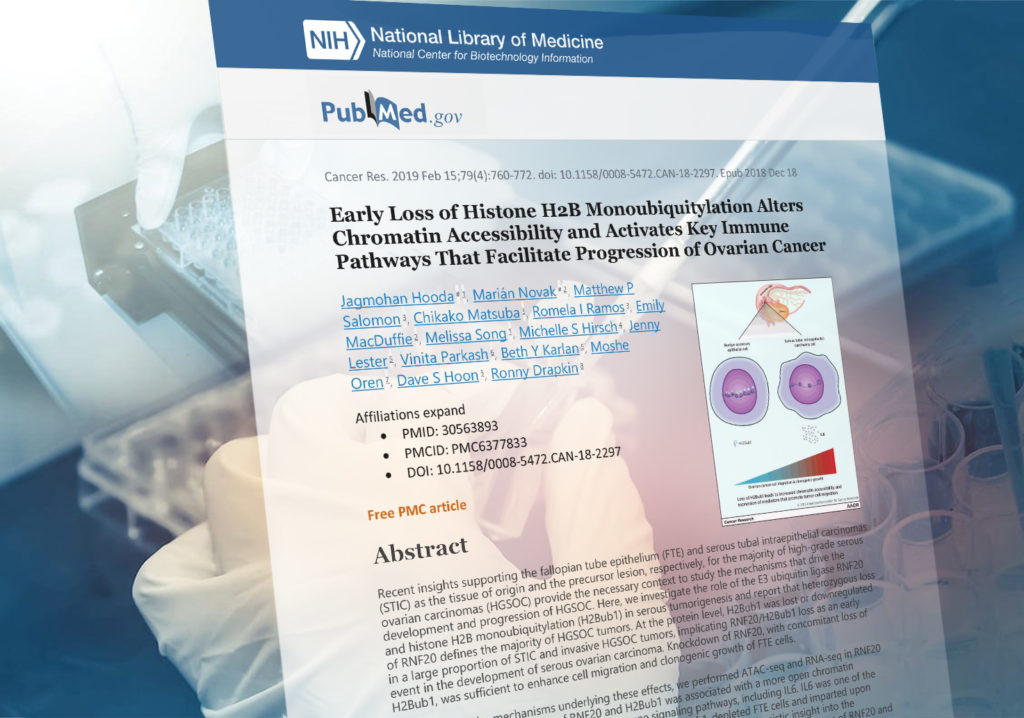Mission and Vision
Within the Computational Biology department of Saint John’s Cancer institute, we are focused on understanding whole system of cancer evolution and progression. Our mission is to transform data into clear biological insights that will ultimately influence clinical practice and improve outcomes.
The Computational Biology Lab also collaborates with key investigators at the Saint John’s Cancer Institute, including our oncology clinicals at Saint John’s Health Center to support ongoing research, projects, and patient care. Areas of focus include urologic, melanoma, endocrine, thoracic, breast, gynecologic, gastrointestinal and epigenetics.
Our function includes gene expression and regulation, disease gene mapping, molecular evolution of tumors, as well as quantitative and analytical modeling.





